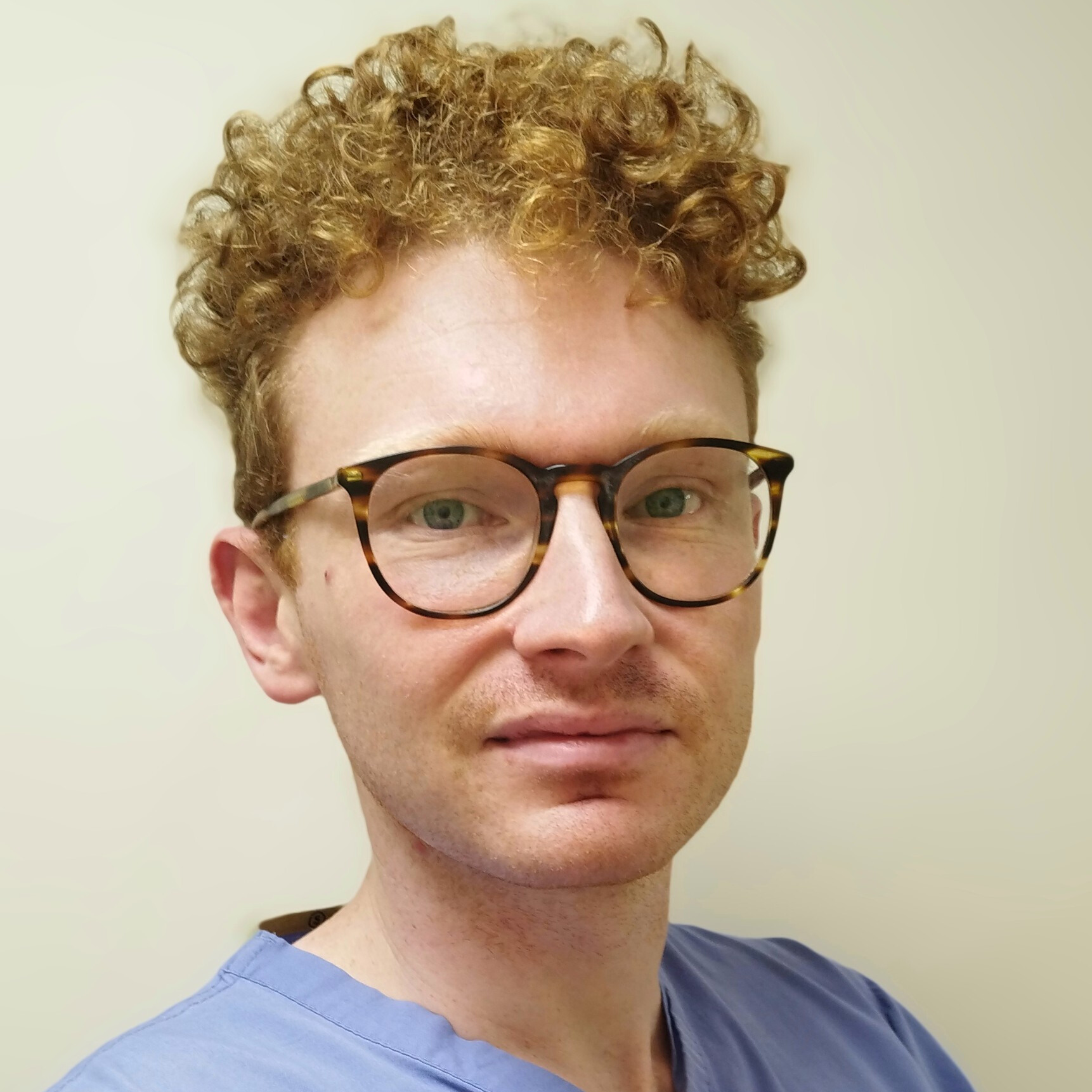
Mareddud Harris
Fellow in Clinical AI, Cohort 2
Fellowship Bio
I am a radiology registrar in the Severn Deanery, specialising in interventional radiology. I have a keen interest in change management and the application of healthcare data to enhance practice and patient care.
Fellowship Project
Guiding Anti-thrombotic Therapies in Coronary Syndrome Patients through high bleeding risk identification
University Hospitals Bristol NHS Foundation Trust
The project, funded by the British Heart Foundation and undertaken with Dr John Scott, aimed to develop a clinician-facing tool to identify patients at high risk of bleeding. This was to be achieved through predictive modeling using hospital-coded data. In my role, I provided clinical expertise related to clinical coding. Specifically, I interpreted the codes assigned to various conditions and audited clinical notes to ensure the accuracy of this coding. During the project, I enhanced my coding skills, which allowed me to make increasing contributions as the project progressed. While the available data was of mixed quality, limiting the accuracy of individual bleeding risk predictions, we made progress in attempting to build an automated scoring tool for this purpose which did not require machine learning. Further work is needed to refine this tool and improve data quality for better prediction accuracy.
Fellowship Testimonial
The fellowship program has been an enlightening experience and a significant learning curve. One of the most valuable lessons has been understanding the numerous challenges associated with deploying AI in healthcare settings and the disparity between research capabilities and practical hospital applications. Recognising these challenges is crucial for addressing them effectively. The fellowship featured industry leaders from around the world, providing us with the latest developments in the field. I valued the opportunity to hear from diverse stakeholders, including those from the industry working within the regulations set by the Medical Health Regulations Association. Through the project work, I encountered the limitations of modeling due to the quality and granularity of the available data. When considering artificial intelligence in healthcare, it is essential to establish robust data collection methods first. I look forward to evaluating and assessing these products in practice, ensuring their effectiveness and applicability in real-world healthcare settings.